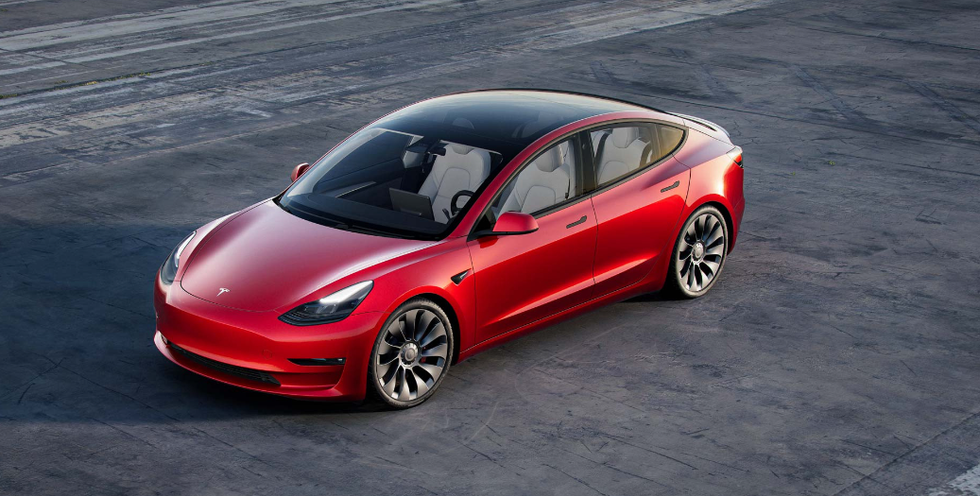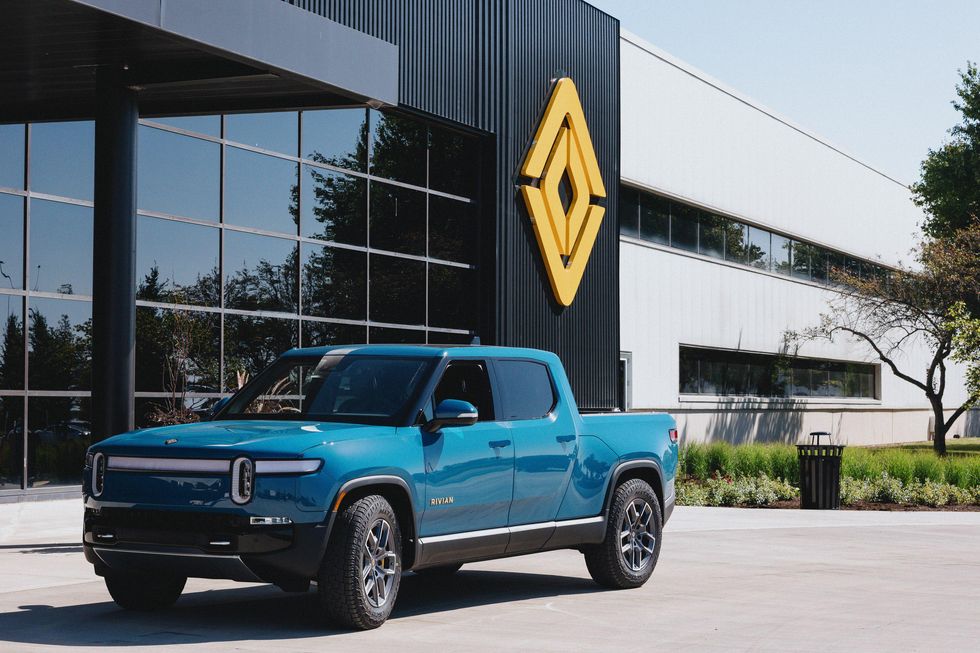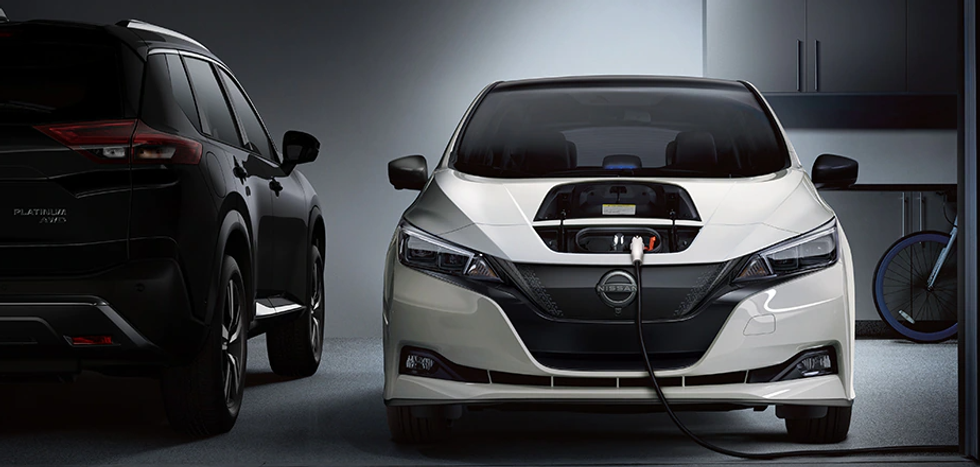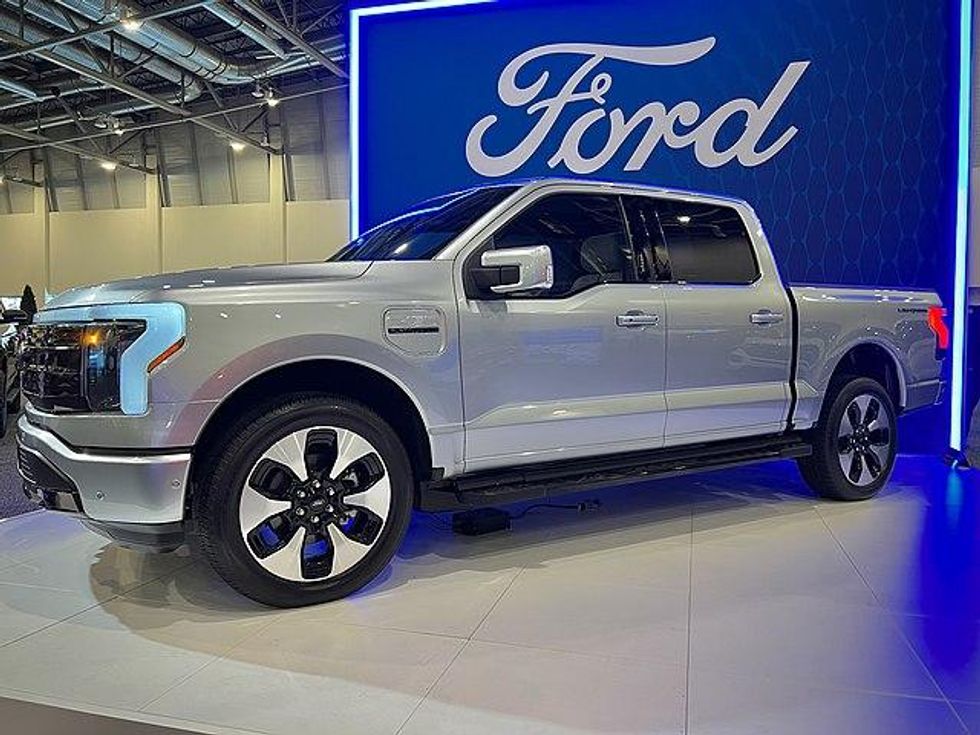Here's How Much It Costs To Charge An Electric Vehicle
Samson Amore is a reporter for dot.LA. He holds a degree in journalism from Emerson College. Send tips or pitches to samsonamore@dot.la and find him on Twitter @Samsonamore.

Wikimedia CommonsAlthough zero-emission vehicle use continues to grow and California dominates the market, there’s still factors hindering its ability to achieve mass adoption. These can include reservations about performance, safety and quality – but also, concerns regarding range anxiety and the cost of charging.
So, let’s try to break down how much it costs to charge an electric vehicle in California.
How We Calculated Cost
It is difficult to pinpoint one figure that will apply to every EV driver. Even within a single state, there’s variables – such as mileage driven, the type of vehicle and battery, plus the type of charger as well as if the car owner is opting to fuel up at a public station versus installing a personal home charging point.
But the general formula for calculating how much charging an electric car will cost is pretty simple: divide your car’s maximum range by its range per kWh, then multiply it by the average cost of electricity per kWh.
That figure, range per kWh, is an estimate that can vary greatly depending on vehicle and also driving factors. More intense driving, say, uphill in the wind, would lower your overall range per kWh since the car needs more power.
Regardless of driving conditions, though, you’re always likely to pay more to charge an EV in California than other parts of the country.
California’s average electricity cost in August was about 27 cents per kilowatt hour (kWh). Compared to the national average price of around 16 cents per kWh, that’s quite high. In part because California’s “fixed” costs of operating its electric system are used to offset public programs including wildlife mitigation.
Based on data from the Department of Tax and Fee Administration and Energy Commission, as well as the U.S. Energy Information Administration we also calculated the average California driver spends around $230 on gas monthly, or around $2,760 per year.
How Much Does It Cost To Charge a Tesla?

Tesla Model 3.
Photo courtesy of Tesla
So, say you drive a Tesla Model 3, one of the most popular Tesla cars.
Tesla says the standard 2022 Model 3’s long-range battery has a top range of 350 miles per full charge, and while it doesn’t report range per kWh, auto analysts at Edmunds estimate it to be around 25 kWh/100 miles or 2.5 miles. All told, it should cost about $29.36 to fully fuel a Model 3 in California – but bear in mind that you can only use Tesla’s network of proprietary Superchargers unless you have an adapter.
Or, as the U.S. Department of Energy (DOE) estimated, charging a Tesla Model 3 costs about $550 per year.
Tesla’s 2022 Model S sports car, on the other hand, requires more charging for higher performance. It costs $39.05 per charge, or around $1 per 25 miles.
Teslas are more expensive to charge than most of their counterparts in part because of their Supercharger network – which most drivers will find a worthy trade-off, given that they’re fast, and can charge an EV from 0% to 80% in about 30 minutes.
How Much Does It Cost to Charge a Rivian?

An R1T in Rivian Blue at the main entrance to the plant in Normal, IL.
Courtesy of Rivian
If you’re one of the few driving a 2022 Rivian R1T electric truck, it’ll cost around $17.66 per charge. Rivian’s battery models have varying range, but on the high end, contain 400 miles on a full charge. The DOE estimates that driving 25 miles in a 2022 R1T will cost about $1.68 or about $1,000 annually.
Rivian’s other model, the R1S, is almost identical in price (it costs about 20 cents less than the R1T, by our estimates).
How Much Does It Cost to Charge a Nissan Leaf?

2023 Nissan Leaf charging.
Photo courtesy of Nissan
A 2022 Nissan Leaf’s base model comes with a 40 kWh battery pack. The DOE estimates this version of Nissan’s affordable commuter car has a maximum range of 149 miles, and gets about 3 miles per kWh, pretty much on par with the overall average for electric vehicles.
Using this information, we can estimate that the Nissan Leaf will cost around $13.41 to charge once. The DOE calculates that a 2022 Leaf’s annual fuel cost will total $650.
How Much Does It Cost to Charge a Ford F-150 Lightning EV?

2023 Ford F-150 Lightning
Photo courtesy of Wikimedia Commons
Ford’s much-hyped electric F-150 all-wheel drive truck debuted last May to much fanfare, including a test drive from President Joe Biden.
The F-150 Lightning has a max range of 230 miles, and on average a higher fuel cost than competing electric trucks like Rivians. On average, it’ll cost roughly $12.67 for one charge, though the DOE estimates this will amount to around $1,050 annually.
This year Ford also released an electric Mustang, the Mach-E SUV. The standard Mach-E has a top range of 247 miles on a full charge, and gets about 3 miles per kWh. One full charge of the Mach-E will cost around $22.23, and the DOE surmises that’ll add up to a yearly charging expense of roughly $700.- How SoCal Edison Plans to Build 38,000 EV Chargers Across Southern California ›
- EVgo Introduces New Pricing Plan For EV Charging Stations ›
- The Lull in Shipping Could Harm L.A.'s Clean Tech Startups - dot.LA ›
- The Weirdest and Wildest Gadgets from CES 2023 - dot.LA ›
- Gaming Studio Activision Blizzard Forms Second Union - dot.LA ›
- Tesla to Open Supercharger Network to Non-Tesla Vehicles - dot.LA ›
- SWTCH Energy Brings EV Charging to Multi-Tenant Buildings - dot.LA ›
Samson Amore is a reporter for dot.LA. He holds a degree in journalism from Emerson College. Send tips or pitches to samsonamore@dot.la and find him on Twitter @Samsonamore.



 Image Source: Tinder
Image Source: Tinder Image Source: Apple
Image Source: Apple
